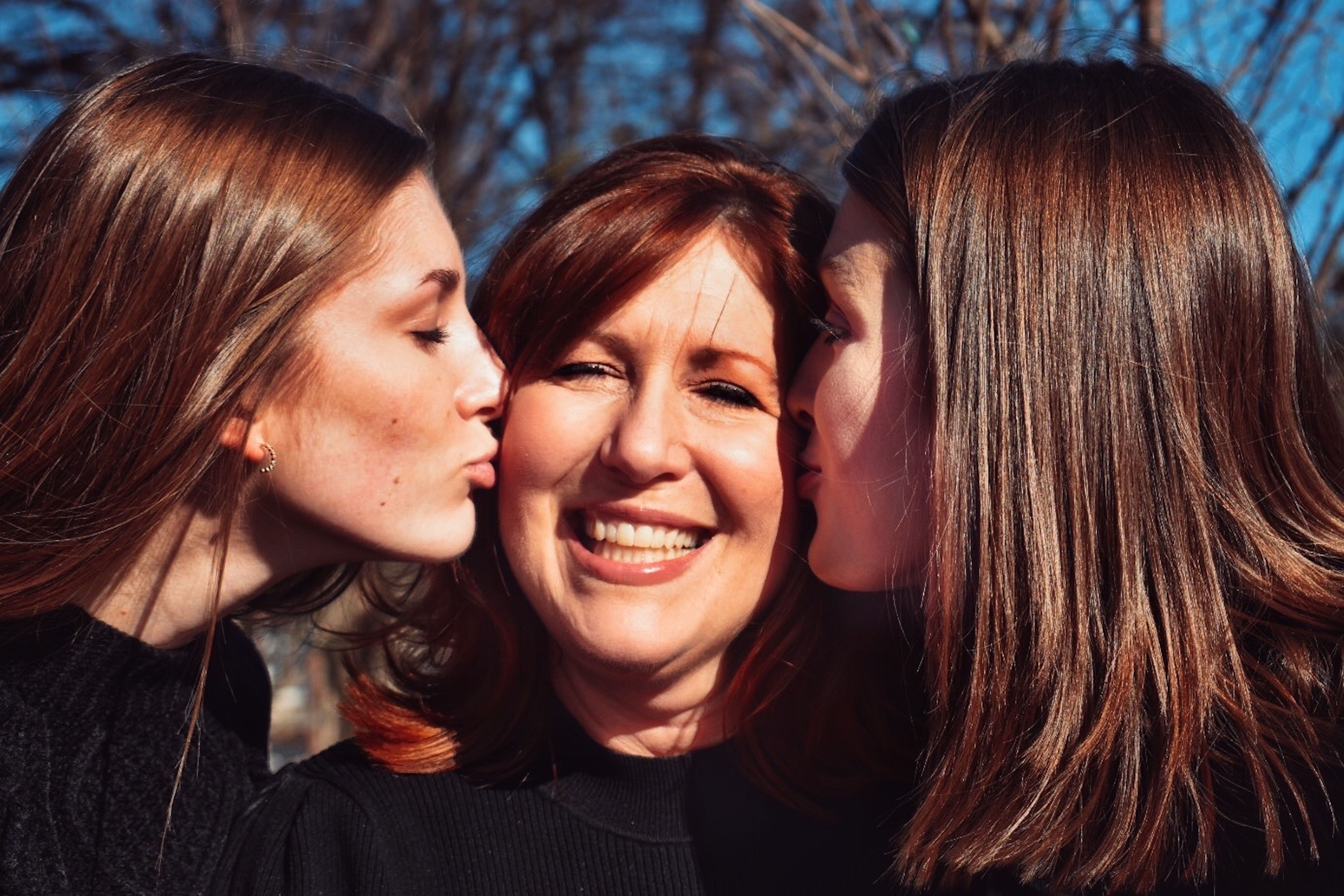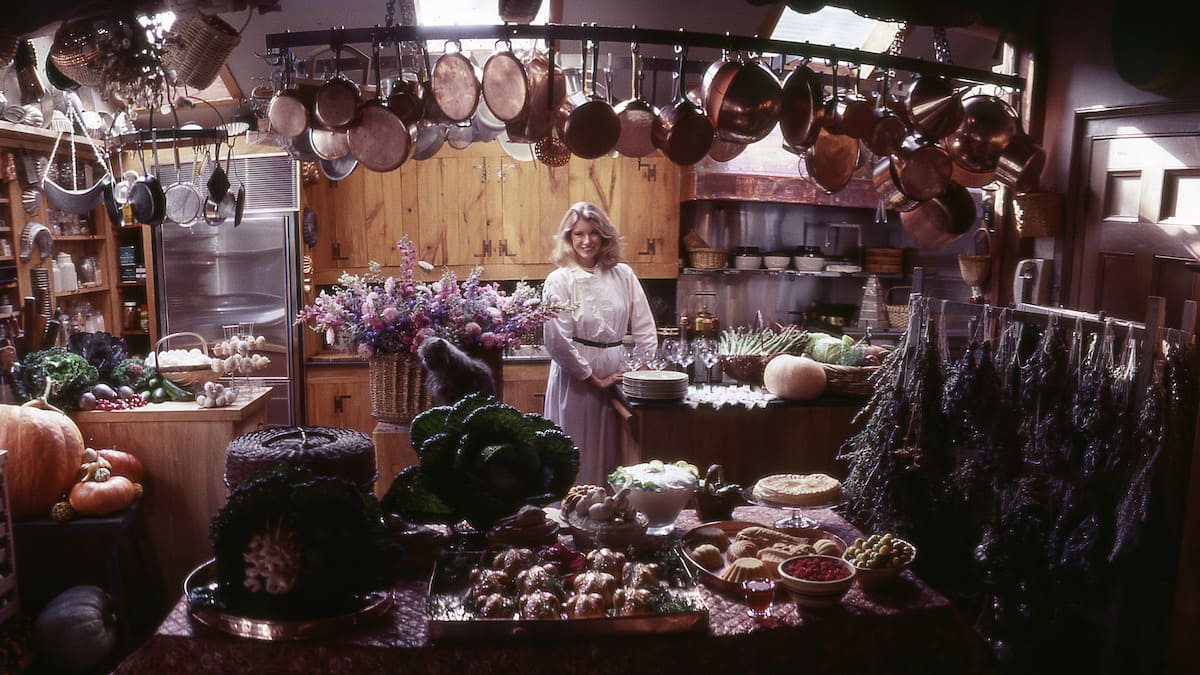It is a credit to the co-writers, Jack Thorne and Stephen Graham, and the director, Philip Barantini, that nothing about the Netflix four-part miniseries Adolescence seems remotely accidental.
It starts with the title, Adolescence, a solitary umbrella term which encompasses one of the most powerful transitional periods of our lives. It’s when the desire to differentiate and individuate, especially from our parents, is in conflict with the equally strong wish to be understood by them and the world at large.
The series stars the remarkable Owen Cooper as thirteen year old Jamie Miller who is arrested and accused of murdering Katie another teenager at his school. He vigorously denies it to the police, his family, his solicitor and the independent psychiatrist tasked with assessing him.
At first, we seem to be in familiar territory of heavy-handed police targeting an aspirational working class family trying to get by. However, the frame changes almost immediately as we see (with a few exceptions) every under-resourced professional try their best to be careful in their handling of the teenager in an extreme situation.
The writing is exceptional. Jamie’s first name is liberally scattered throughout every address to him and the overt politeness and covert tension of the adults feels familiar to anyone who has encountered policing or social services. The heartbreak of Jamie’s family, in particular Jamie’s father Eddie, played by Stephen Graham at peak power, never leaves our thoughts throughout the four parts. The victim, Katie, is kept in mind whilst the focus remains with why, when the evidence points at Jamie having killed her, he not only carried out the brutal act but can continue to believe he’s ‘done nothing wrong.’
As psychoanalyst Dr Margot Waddell states in her essential book On Adolescence: Inside Stories published by Karnac in 2017, that any stage of transition “spells or suggests instability, loss, change, uncertainty, the unknown; the shift from something familiar, and therefore relatively safe, to something foreign and potentially threatening.” Perhaps never more true than during the transition into adolescence.
Waddell was writing at a time when the power of the internet to influence adolescents was already taken into account, but in advance of the rise of misogynistic influencers and ‘incel’ (involuntary celibate) culture we now have where ideologies of blame, distrust and hatred towards women have gained huge traction online.
This is at the core of Adolescence. In interviews Stephen Graham has said that reading about the murder of teenage girls by teenage boys ‘hurt his heart’ and prompted his desire to explore why it was happening. He and Jack Thorne, wanted to avoid pointing the finger of blame at the usual suspects – alcoholic mum, abusive and physically or sexually abusive dad and to lead into a world where there is joint accountability and family, school, society, community, environment all share the responsibility for failing to keep children safe.
Graham wisely reflects that a generation ago if a parent wanted to protect their children from watching unsuitable content on television they could be ‘sent to their rooms’ in the safe and certain knowledge that their access to social and cultural influences would inevitably become narrowed. These days the opposite is true. As he puts it “Now when lads and girls go to their bedrooms they have the world at their fingertips. We parent our children, but there are influences we have no idea about having profound effects on our children… we’re all accountable.”
One of the key pivotal points in Adolescence is when we see a teenager explain to an adult the nuances of emojis on social media posts. The chasm between what we, as adults, think we understand and what goes on in the world of adolescents is perfectly pinpointed. Whilst the context of the series is the toxicity of the manosphere, it is only adults who refer to Andrew Tate, he’s of no interest to these kids. Yet.
There are infinite themes of interest to all those working in the psychotherapeutic world running throughout the series. Not least in Episode Three, one of the most powerful of the four. In this Jamie is interviewed by an independent psychiatric assessor brilliantly played by Erin Doherty. It is a difficult watch.
The confusion of what Waddell calls ‘lost childhood and unrealised adulthood’ is plain to see. Jamie’s feelings, so faultlessly portrayed by Owen Cooper, encompass bewilderment, conflict, hope, desire and defiance. He’s a very ‘clever lad’ and funny too, who fears being ‘trapped’ by the psychiatrist’s superior intellect and experience. His bewilderment is clearly hard to give expression except through destructive
acts and words. His views of women and girls are not only gained from his family
experience, but also absorbed through the pernicious lens of the internet. When a still ranting Jamie leaves the interview room the psychiatrist is left with all his evacuated feelings of anger, frustration, disappointment and shame. I think most therapists will relate to this scene acutely. We may not have worked with child murderers but many of us will regularly come into contact with murderous feelings from which our clients wish to be relieved in treatment. On watching I felt nauseous, sweaty and despairing.
Consulting rooms in recent years are much more likely to bear witness to stories of sexual entitlement by young men than perhaps ever before. Sometimes it is the men themselves talking in denigrating terms about women and girls. In these cases there is often a shadow of confusion leading to anger resulting from reality being at odds with the expectations stoked by everyday exposure to the more toxic podcasts, porn and social media.
More often it is young women that I see. Whilst they can present as sexually liberated, with their worlds embracing polyamory, kink and gender fluidity, they are puzzled, sometimes fearful, about men taking up non-consensual dominant roles during sex. Unwanted experiences of spitting, hair-pulling and strangulation have become much more commonplace complaints.
The writers of Adolescence do not claim to have the answers to why boys murder girls, but this production carefully and lightly touches on the toxicity of the casual lack of respect of teens sharing sex photos without consent, the impotence of teachers who have to be social workers, religious leaders, counsellors and carers whilst surrounded by disengaged children and motivational wall hangings. The everyday expressions of gender stereotypes “you got banged by a girl, you sausage" when a girl pummels a boy in the playground she believes to be involved in the murder.
Another factor, expertly woven into the narrative, is the intergenerational impact of unexplored, expressed or understood anger of Jamie’s father managed daily by Jamie’s mother. It didn’t start with Eddie, but with his own father who, we are told, ‘battered him with a belt’ on a regular basis. Male clients with verbally or physically abusive fathers often talk in therapy about how they ‘don’t want to be like my dad’, but it’s a difficult legacy to dodge. There is often a sexual root cause. Male sexual disappointment, frustration or shame can be hard to give expression to. We saw it give way to anger in Jamie’s interview with the psychiatrist. Later on, perhaps Eddie would have been better able to deal with the humiliation of the blatantly wrong but nonetheless degrading sexual graffiti daubed on his van, and the taunts of the youngsters who put it there if his wife, had had a more encouraging and less practical (making breakfast, daughter in the house) response to his cheery suggestion of birthday sex.
Eddie’s wife and daughter, also wonderfully played by Christine Tremarco and Amelie Pease, push through fear and anxiety to manage, appease and smooth over Eddie’s unwelcome feelings in order to keep the household running. However, not until Episode Four are they remotely allowed to decision-make. At the start of the drama it is patriarch Eddie, who is Jamie’s chosen responsible adult in the police station. His mother’s suggestion of standing in instead is brushed aside. Jamie’s intense confusion, denial and shame seem intensified by his father’s presence. Might the victim’s family, friends and the Miller family all have been spared a great deal of grief if his mother had been the one in the interview room with him seeing the shocking CCTV film for the first time? Perhaps his mother would have been able to contain the swirling feelings of shame, short circuit the self-sabotaging denial and help Jamie to an early guilty plea?
In terms of psychological maturation, adolescence is when we start caring about how others perceive us, put that through the kaleidoscopic lens of social media and it becomes fragmented, confusing and, at times, distorted to an unrecognisable degree. Despite its examples of human resilience, potential reconciliation and hope, Adolescence holds a very uncomfortable mirror up to our current sense of social cohesion and community. Rarely are we served such rich, timely and essential dramatic fare.
Jack Thorne and Stephen Graham have already been talking about screening their drama in schools which feels like a good next step. As soon as a child starts school their sense of a private life begins, something which parents learn to respect and fear in equal measure. Getting that balance right is hard. From the view of the consulting room more open dialogue between parents, carers, teachers and children about what is generally being viewed online and specifically about sex would be welcome. If, as a society, we could find more ways of learning what children feel about sex and relationships there’s a chance that difficult emotions might be aired and explored rather than toxically repressed. Tragic consequences might just be avoided.






